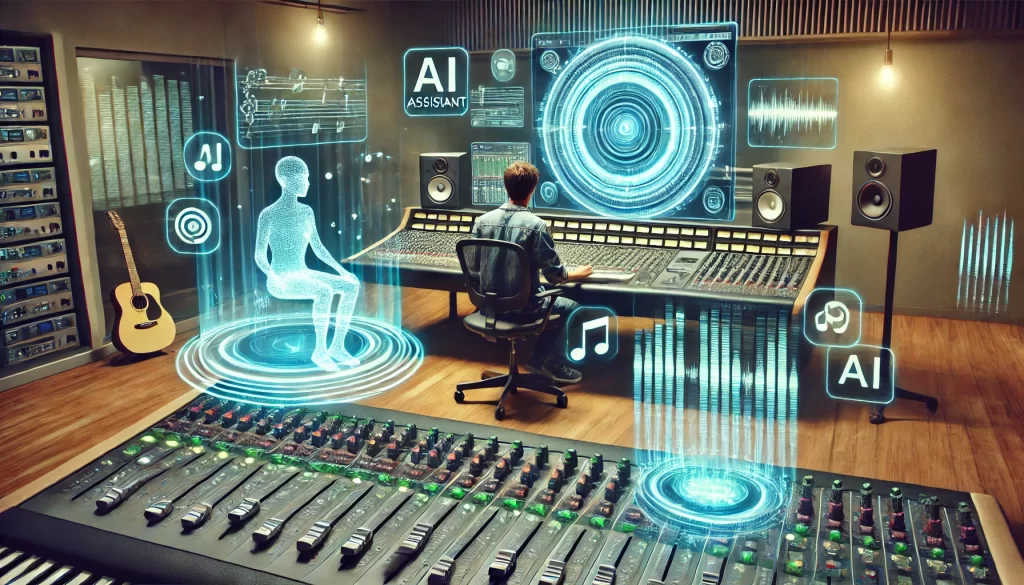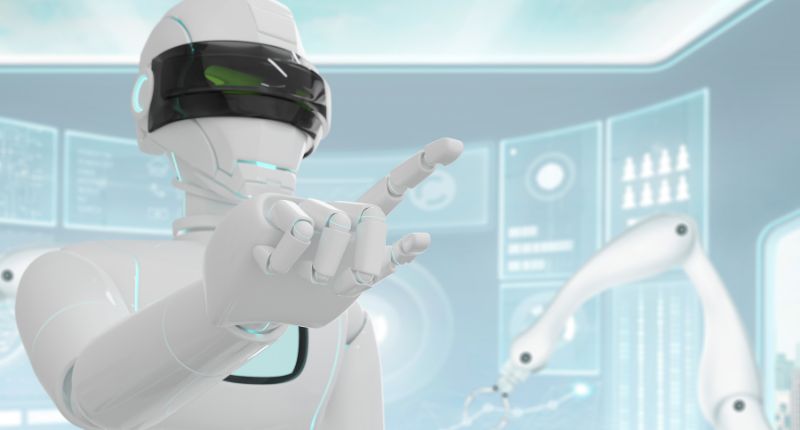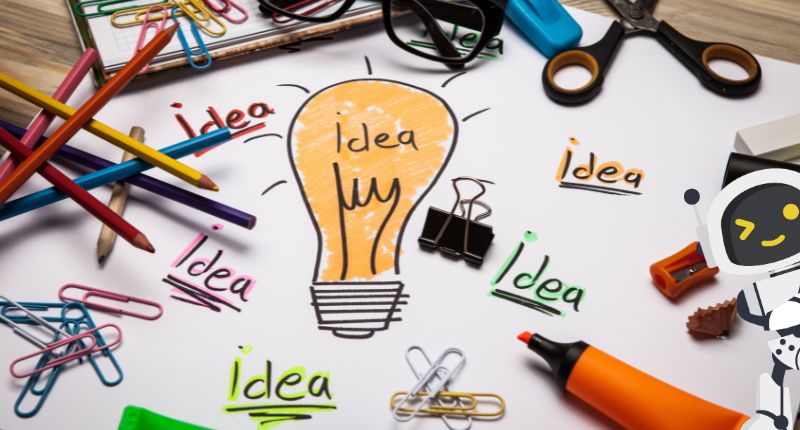How AI is Changing the Music Industry
Artificial Intelligence (AI) is transforming industries worldwide, and the music industry is no exception. From AI-generated compositions to advanced music recommendation systems, AI is reshaping how music is created, produced, and consumed. In this article, we explore how AI is changing the music industry and what the future holds for musicians, producers, and listeners alike.
The Role of AI in Music Creation
AI is now capable of composing original music, imitating human creativity, and even collaborating with artists to produce new sounds. Here are some ways AI is contributing to music creation:
1. AI-Generated Music
AI-powered tools like AIVA (Artificial Intelligence Virtual Artist) and OpenAI’s MuseNet can generate entire compositions in various genres. These tools analyze massive datasets of music and use machine learning to compose original melodies, harmonies, and rhythms.
2. AI-Assisted Songwriting
AI is being used to assist songwriters by generating lyrics, suggesting chord progressions, and even creating melodies. Platforms like Amper Music and Jukedeck provide artists with AI-generated music beds, helping musicians experiment with new ideas.
3. Music Production and Mixing
AI is revolutionizing music production by automating mixing and mastering. Tools like LANDR and iZotope Ozone use AI to enhance audio quality, ensuring tracks sound professional with minimal effort.
🔗 Learn more about AI in music production
AI in Music Distribution and Streaming
AI is playing a crucial role in music distribution by optimizing how music reaches listeners. Here’s how:
1. AI-Powered Music Recommendation Systems
Streaming platforms like Spotify, Apple Music, and YouTube Music use AI-driven algorithms to recommend songs based on user preferences. These systems analyze listening habits, mood preferences, and contextual data to curate personalized playlists.
2. Automated Music Tagging and Metadata Management
AI tools can automatically tag and categorize music, making it easier for streaming services to organize vast music libraries. This enhances searchability and ensures that songs reach the right audience.
3. Copyright Protection and Plagiarism Detection
AI is helping prevent music piracy by detecting copyrighted material and identifying potential plagiarism. Services like Audible Magic and Shazam use AI to scan and verify music across digital platforms.
The Impact of AI on Musicians and Producers
While AI offers exciting opportunities, it also raises concerns about the role of human artists in the industry. Here’s a closer look at its impact:
1. Opportunities for Independent Artists
AI-powered tools allow independent musicians to produce, distribute, and promote their music without relying on major record labels. This levels the playing field and gives emerging artists more opportunities.
2. Challenges of AI-Generated Music
AI-generated music raises questions about originality and artistic expression. If AI can compose music, where does human creativity fit in? Many argue that while AI can assist, it lacks the emotional depth and personal experiences that make music truly unique.
3. Job Displacement Concerns
As AI automates tasks like mixing, mastering, and songwriting, some fear job losses in the music industry. However, AI is more likely to be a collaborative tool rather than a replacement for human musicians and producers.
AI and Live Music Experiences
AI is enhancing live performances and concert experiences in innovative ways:
1. AI-Driven Visuals and Stage Effects
AI is being used to create dynamic visuals and synchronized stage effects, providing immersive concert experiences for audiences.
2. Virtual and Augmented Reality Concerts
Artists are leveraging AI-powered virtual reality (VR) and augmented reality (AR) to deliver interactive live performances, allowing fans to experience concerts from anywhere in the world.
3. AI-Powered Audience Engagement
AI chatbots and virtual assistants help artists interact with their fans by answering questions, providing updates, and even personalizing concert experiences.
The Future of AI in the Music Industry
As AI continues to evolve, its role in the music industry will expand. Here are some key trends to watch:
1. AI-Driven Music Collaboration
More artists will collaborate with AI to push creative boundaries, exploring new sounds and styles that were previously unimaginable.
2. AI-Generated Film and Video Game Scores
AI is increasingly being used to compose music for films, TV shows, and video games, providing dynamic and adaptive soundtracks.
3. Ethical and Legal Considerations
As AI-generated music becomes more prevalent, legal frameworks will need to adapt to define copyright ownership and ensure fair compensation for artists.
Conclusion
AI is undeniably transforming the music industry by enhancing creativity, optimizing music distribution, and reshaping live performances. While concerns about originality and job displacement persist, AI is more of a collaborative tool than a replacement for human artists. By embracing AI’s potential, musicians and producers can unlock new possibilities and redefine the future of music.


